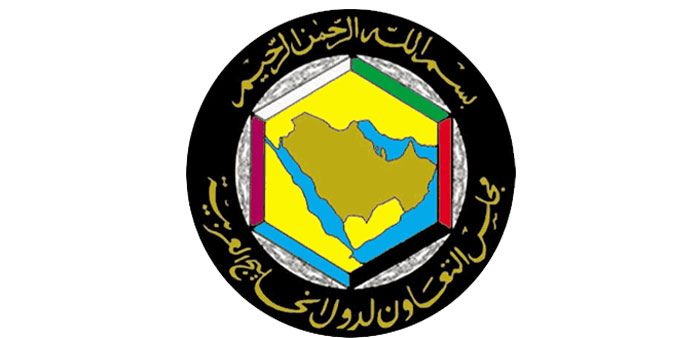QNA/Riyadh
The six-nation Co-operation Council for the Arab states of the Gulf (GCC) marks its 32nd anniversary today.
The GCC came into being in Abu Dhabi on May 25, 1981 when the kings and leaders of the Arabian Gulf states realised their long-cherished dream of establishing a unitary group.
The council groups each of Bahrain, Kuwait, Oman, Qatar, Saudi Arabia and the United Arab Emirates (UAE).
Throughout the last 32 years, the group has survived many challenges and has also made great strides which places it among the few successful regional political, economic and cultural organisations in the world.
The GCC has, since its inception, pursued good-neighbourly policies and remained committed to non-interference in domestic affairs of other countries, solving disputes through peaceful channels, the provision of support for Arab and Islamic issues and promoting co-operation with foreign countries and world blocs.
This policy was, in particular, evident in relations with Iran, with the GCC urging Tehran to abide by the principles of good neighbourliness, mutual respect, international laws and conventions and non-interference in the internal affairs of the GCC countries, and underlining the need to place all its nuclear facilities under inspection by the International Atomic Energy Agency (IAEA).
The GCC position towards the Palestinian-Israeli conflict is that a just, comprehensive and lasting peace can be achieved only through the complete Israeli withdrawal from the occupied Arab territories to the borders of June 1967 and with the establishment of an independent Palestinian state with East Jerusalem as its capital.
The GCC members renew paying tribute to the Doha Declaration, which was signed under the patronage of HH the Emir Sheikh Hamad bin Khalifa al-Thani, on February 6, 2012, between Palestinian President Mahmoud Abbas and the chief of the political bureau of Islamic resistance movement (Hamas), Khalid Mishal.
The GCC supports the call made by HH the Emir in his inaugural address to the International Conference for the Defence of Al Quds (Jerusalem) on February 26, 2012 for approaching the UN Security Council to adopt a resolution on forming a commission to investigate all the actions taken by Israel since the 1967 occupation in Arab Jerusalem, in order to erase its Islamic and Arabic identity.
The GCC has adopted the same position concerning the developments in Yemen, Iraq, Syria, Sudan, Somalia, Libya and Myanmar.
The GCC countries have made great strides on forging a concerted defence and military policy which is based on the principle that aggression of any foreign force against any of the GCC states is considered an aggression on all members of the group.
The GCC has enforced a provision that citizens of each country will have free movement, equal treatment with the right of unconditional stay and to do business in any member state.
The security of any group member is an integral part of the GCC security and vice versa. In this regard, continuous and organised training courses and co-ordination among security entities in the GCC member states are being developed.
The GCC has achieved great strides on the strategic dialogue, framework agreements, regional co-operation as methods to enlarge relations with other entities in political and economic fields.
A number of accomplishments have been reached in the economic field, such as the establishment of a statistical centre, the use of smart identity cards and the strategic oil and mining plans, oil information strategy, a common market and unified digital TV transmission.
A joint policy on higher education has been approved by GCC ministers and representatives of major universities in the region. A number of decisions were taken to support youths in GCC member countries. A network on the studies of environment in the GCC region has been established.
A unified strategy for municipal work has been prepared according to its 2015 vision. The GCC patents office has applied for a unified patents system.

